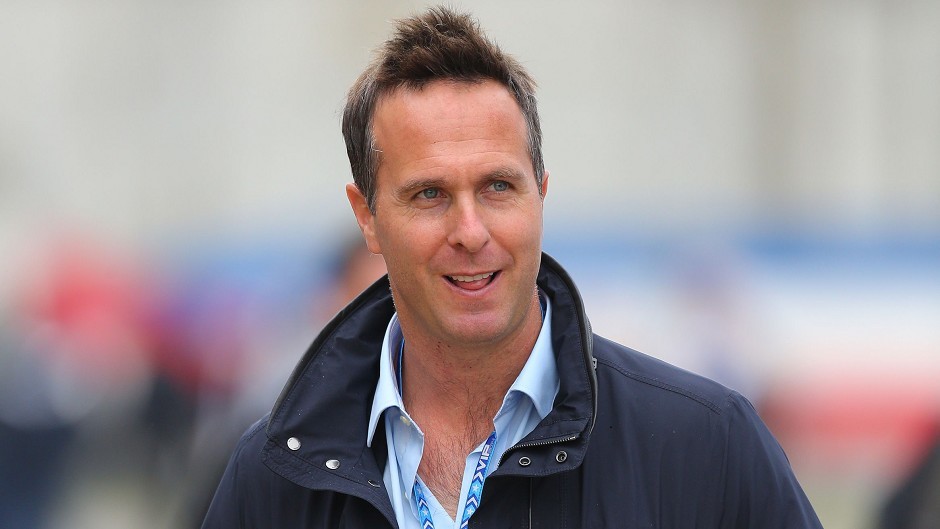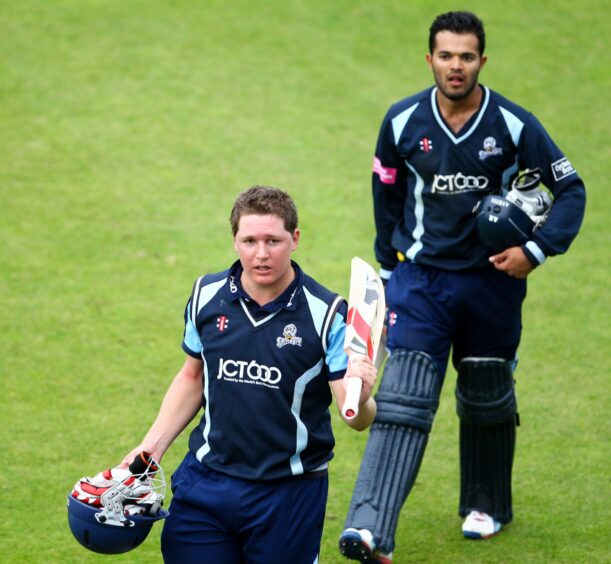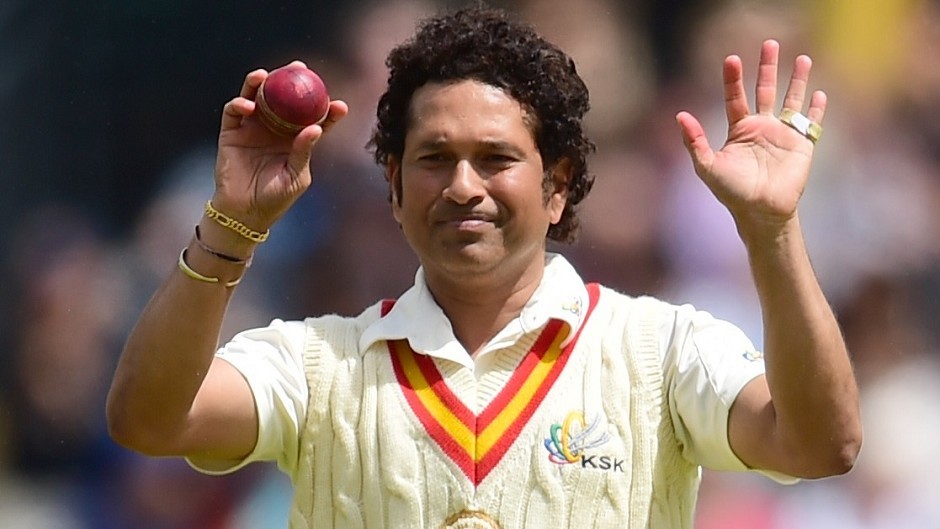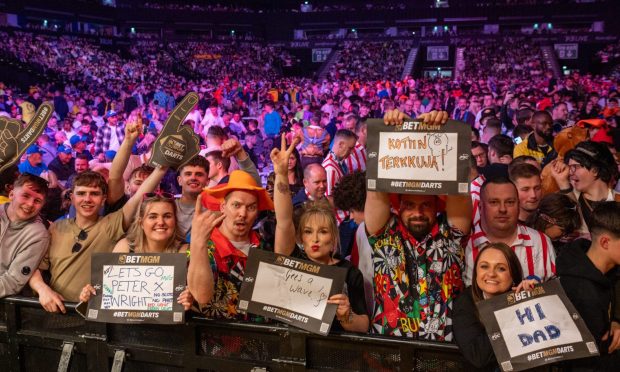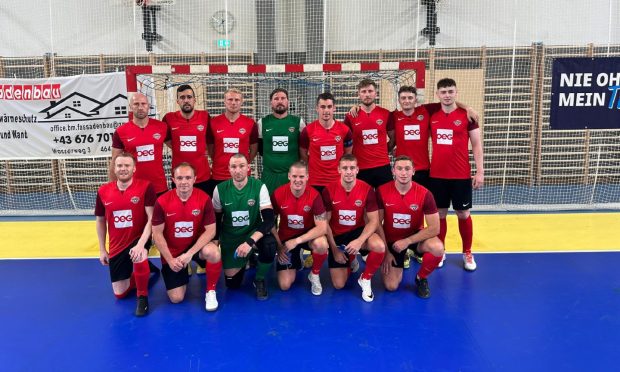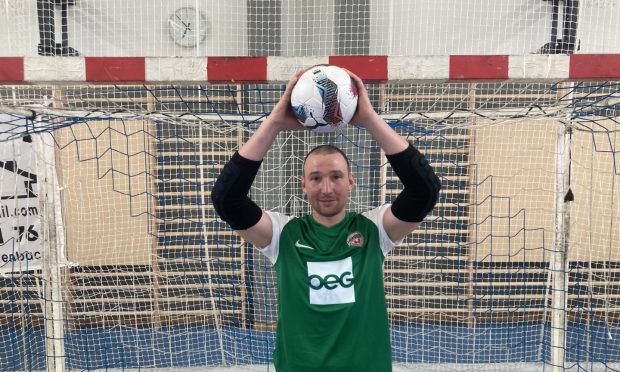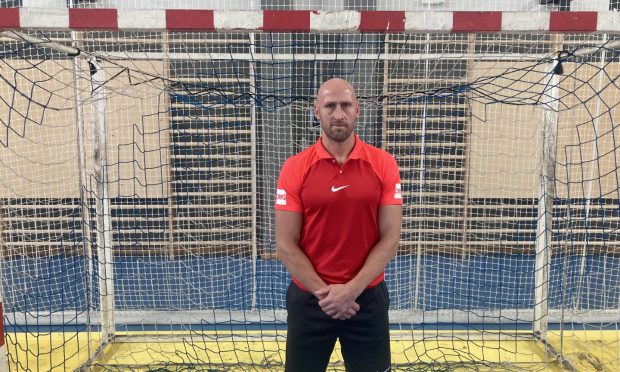Nobody should be surprised at the racism scandal which has enveloped Yorkshire county cricket club and led to their sponsors withdrawing en masse and the ECB telling them they will be deprived the chance to stage big matches for the foreseeable future.
Following an “internal review” sparked by the findings of a 12-month inquiry into race claims tabled by their former player Azeem Rafiq, the club reached the staggering decision that “there is no conduct or action taken by any of its employees, players or executives that warrants disciplinary action”.
Yet that has merely opened the floodgates with two former England Test players already embroiled in the scandal and other leading figures expected to be named in the days ahead. Gary Ballance has admitted that he called Rafiq a “P***”, but claimed this was just “friendly banter”.
Michael Vaughan, who captained his country to Ashes glory in 2005, has also been implicated, though he strenuously denies making any perjorative or racially insensitive remarks. But the outrage from so many different bodies shows the gravity of this situation and highlights the need to discuss the question: when does “banter” become prejudice or bullying?
In Yorkshire’s case, these issues have been bubbling away beneath the surface for decades. Their acclaimed fast bowler, Fred Trueman, shocked one Caribbean umpire by calling him a “cheating black b*****d” and said to the Indian High Commissioner at a dinner: “Pass the salt, Gunga Din.”
Outsiders shunned in Yorkshire
Brian Close, another ex-England captain – who also managed Scotland for a spell – was a terrifically courageous figure on the field, but somebody who perhaps took one cricket ball to the head too many, given his antediluvian attitude to the Asian community in Sheffield and Leeds.
He once told me: “I’m not a racist, but you don’t get the same commitment from these [Asian] people. And the fact is Yorkshire have done well enough with our own folk for the last 120 years. What do these incomers know about all the things that make this county and this country special?”
Even in the 1990s, there were members at Headingley who threatened to tear up their season tickets if the committee signed a young overseas player who just happened to be Indian legend Sachin Tendulkar, perhaps the greatest player of the modern era. And, more recently, the aforementioned Vaughan suggested that Moeen Ali should spend time away from the game going around asking other British Muslims if they were terrorists.
In these circumstances, Yorkshire’s reputation has already endured grievous damage during a week in which the most senior figures in Government demanded that “heads should roll” and questioned whether the England and Wales Cricket Board was “fit for purpose” over its handling of the saga.
But while the way that their committee suppressed the report for so long and their reaction to Ballance’s language means they don’t deserve any sympathy, there is a wider problem here and one which doesn’t just apply to cricket.
The Press & Journal’s Sophie Goodwin recently wrote an excellent, if troubling, piece about the sexist and fat-shaming comments she regularly faced while playing for a girl’s football team in the north-east of Scotland.
She said: “I was singled out, because I was the slightly bigger kid on the pitch. I know that because they ridiculed me about my weight, calling me a pig and shouting ‘fatty’ as I stood in the goals trying not to cry.
“It wasn’t a one-time thing – the same boy came to my matches several times, hurling the same insults at me and only me.”
As if that wasn’t bad enough, the New York Times reported at the weekend that the entire student body of a Pennsylvania high school has been barred from attending classmates’ hockey games after some of them chanted sexually explicit vulgarities at a visiting team’s goalie – their only female player.
None of this is “banter”, none of this is acceptable in an inclusive society and yet, as we approach 2022, a year in which the World Cup will be held in Qatar, a country where male homosexuality is illegal and whose rulers don’t recognise same-sex relationships or civil partnerships, it sometimes feels as if the fight for equality is a case of two steps forward and one-and-half back.
I still believe that most participants and supporters in sport are good, decent people who are passionate about their club or country and derive myriad positive benefits from being involved in healthy exercise on a regular basis.
But there is a battle to be fought with those who peddle racism, sexism or homophobia, and those who consider it funny to pick on others as part of a herd mentality. Social media hasn’t helped and companies such as Facebook, Instagram and Twitter need to do a lot more to confront the mindless idiots, many of whom use cowardly anonymity to spread their bigotry and hate.
Ultimately, there is a simple rule of thumb for defining “banter”. If you’re with your mates and you can share a laugh with one another, that fits the bill. But if you’re laughing at or disparaging others for being different from you, then that is bullying and prejudice and it should never be tolerated.
